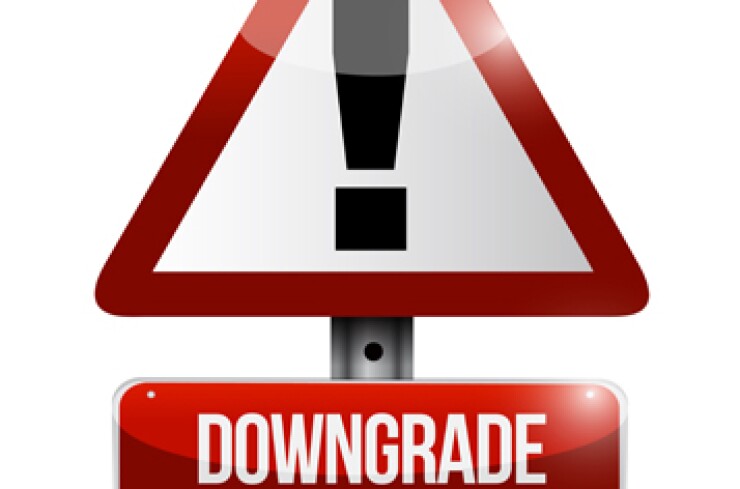Fitch Ratings expects to place a potential downgrade watch on additional junior-rated CLO tranches – including the majority of non-investment grade notes in European CLOs – it considers most vulnerable to pandemic-rated stress.
According to a release Tuesday, Fitch is further tightening its global CLO ratings analysis to include deal exposure to assets from the beleaguered auto industry, and is applying lower recovery rates on any CLO it rates that falls into its negative, non-stable credit-watch stratum.
Because of the changes, according to Fitch’s report, “[w]e expect that more CLO note ratings to be placed on [ratings watch negative], with the greatest exposure at the sub-investment-grade rating levels.
“For [Europe/Middle East/Asia] CLOs, the agency expects that the majority of sub-investment-grade ratings will be placed on RWN.”
Last week, Fitch placed
Downgrades would reflect Fitch's greater expectations for potential investor losses on the lowest-rated debt tranches offered in U.S. and European CLOs. Speculative-grade notes rated double-B or single-B typically make up a small portion of deals' overall stack. Their higher yields relative to investment-grade CLO notes attract private-capital investors (including CLO equity holders) and business-development companies, but are placed in a first-loss position that buffers against payment shortfalls to senior notes in the CLO stack.
The scenarios are not expected to impact the larger universe of investment-grade CLO notes (triple-A through triple-B), although Fitch conceded the new ratings scenario could show a “small shortfall” in some deals – resulting in a potential negative watch for those tranches. Senior notes are primarily acquired by institutional investors such as insurance firms, pension funds and U.S. and international banks (the latter primarily public Japanese institutions).
No CLO issued in the post-crisis era has experienced note downgrades.

According to the agency, Fitch will apply an updated stress scenario to all CLO portfolios its rates globally to auto industry exposure, adding to seven other industries Fitch believes are potentially vulnerable to social distancing and shelter-in-place policies enacted worldwide to combat the spread of the COVID-19 contagion.
The measure result “in average default projections within portfolios of 7% for the first year and 8% for the second year for [Europe/Middle East/Asia] CLOs, and 7.5% and 9% for US CLOs,” levels which are in line with the two-year default expectations that Fitch has assigned to the entire speculative-grade, leveraged finance market.
The rising default expectations for CLO assets under Fitch’s scenario are part-and-parcel with lower expected recovery rates of defaulted loans – Fitch reduces expected recoveries by 15% decline on CLOs that have negative outlooks or fall under an umbrella to vulnerable industries (autos, aerospace/defense, energy, gaming/leisure, lodging/restaurant, metals/mining, retail and transportation/distribution).
CLO note ratings that show “a significant failure” under the stress scenario will be placed on watch for a potential downgrade. CLO tranches most at risk of downgrades would be the higher-yielding subordinate and junior notes that fall into first-loss positions in CLO payment structures.





